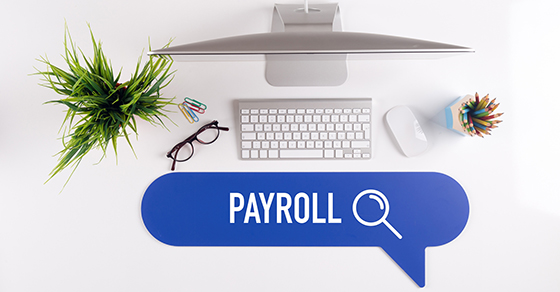Information Center
EMPLOYER TAX BRIEF
Work with your payroll provider to pay deferred taxes

Many of the relief measures passed by the federal government during the opening chapters of the COVID-19 pandemic are still relevant to employers.
For example, under the CARES Act, you could defer payment of your share of Social Security taxes from March 27, 2020, through December 31, 2020.
If you opted for this relief, you must pay 50% of the deferred taxes by December 31, 2021, and pay the remaining deferred tax by December 31, 2022. Any portion of an employer’s share of Social Security tax that’s not deposited or paid by the due dates will incur penalties and interest.
Now here’s a key question: Does your organization use an external payroll services provider? If so, you must remain cognizant of your responsibility to pay the deferred employer Social Security taxes reported by such a third-party payer. In its COVID Tax Tip 2021-99, the IRS recently addressed this very subject.
Communicate and coordinate
The tax agency’s advice pertains specifically to employers making payments for deferred taxes reported by a third-party payer that files, under its own Employer Identification Number (EIN):
Aggregate Forms 941, “Employer’s Quarterly Federal Tax Return,” and
Form 944, “Employer’s Annual Federal Tax Return.”
The IRS urges employers to proactively communicate and coordinate with their third-party payers to ensure payment of any deferred taxes by December 31, 2021, and December 31, 2022. Doing so will help ensure that the deferral payments are appropriately applied to the employer’s outstanding deferred taxes. It will also help prepare the third-party payer to respond to IRS inquiries about any outstanding deferred taxes that an employer has remaining after the due dates.
Furthermore, the IRS recommends that, as feasible, employers should provide to their third-party payers the amount of deferred taxes due so the third-party payers can more efficiently make the deferral payments by the applicable due date. The Tax Tip additionally notes that, if an employer receives an IRS notice showing an unpaid amount of deferred taxes under its EIN, the employer should make its deferral payments following the instructions in the notice.
Avoid a penalty
As a reminder, an employer is solely liable for payment of the deferred taxes — even if it uses the services of a third-party payer to report the deferred taxes during the deferral period. Work closely with your payroll services provider to comply with the deadlines. We can help you identify and manage your organization’s payroll costs, including avoidance of IRS penalties.